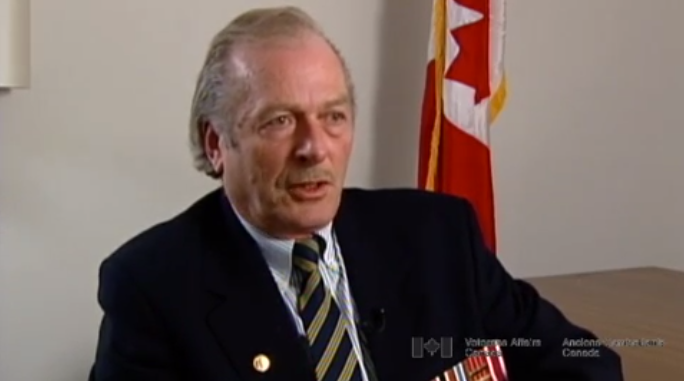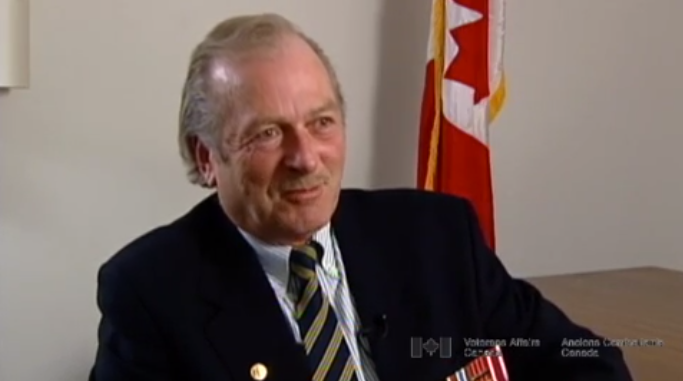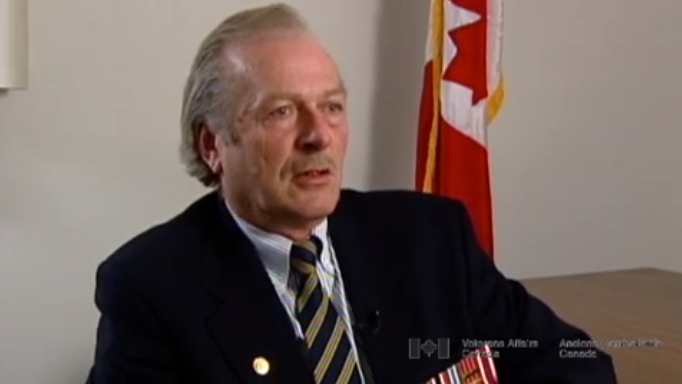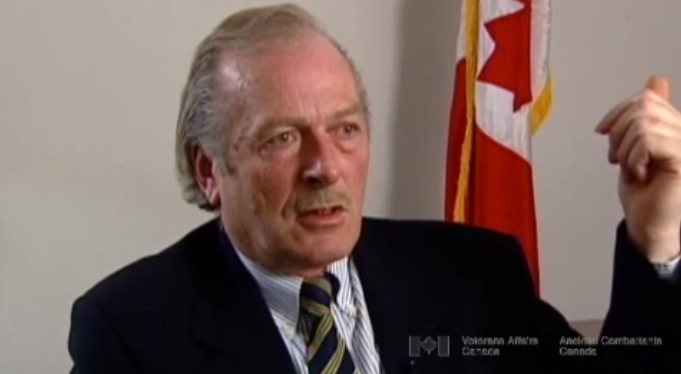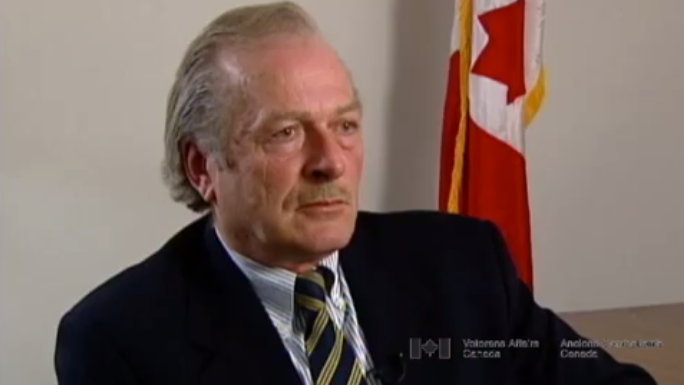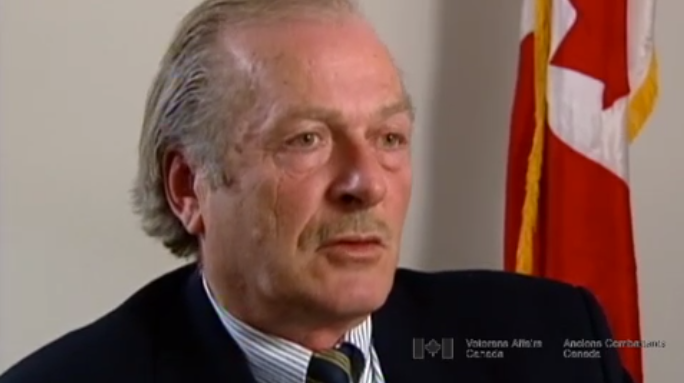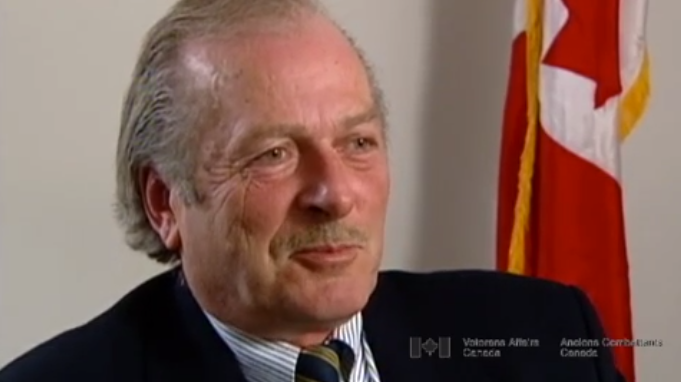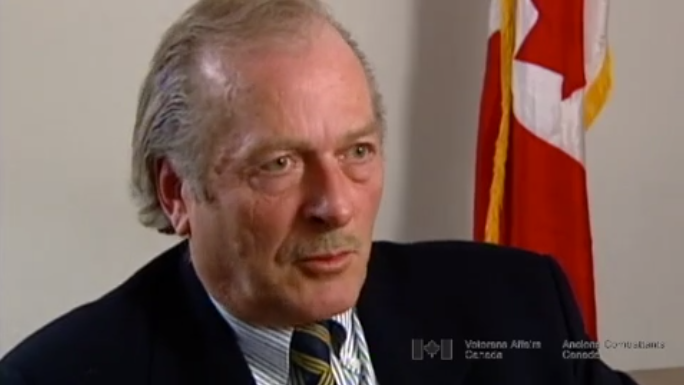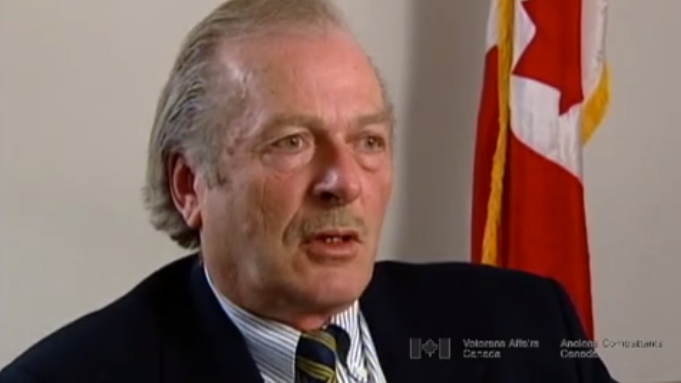Interviewer: What do you remember about Riyadh
when you first arrived?
Very hot, it was extremely hot. The first thing that hit us, we
landed in Riyadh late in the afternoon and, I don't know what it
is in Celsius but it was 135 degrees Fahrenheit on the tarmac
and it was climbing out of an air conditioned airplane into a
135 degree temperature was just like stepping into a furnace.
And extremely, extremely hot, even at night it was September and
it was still very hot at night. And you had a tendency to go
from an air conditioned airplane to an air conditioned bus to an
air conditioned room and spent very little time outside in the
daytime. We did, on our off time, which was very limited, we did
get a chance to get downtown Riyadh a number of times and it's
an amazing place. The culture was so different than what we are
used to. Very well known that ladies wear the veil, wear the
full black abaya, they walk to the right and they walk to the
rear, they don't drive cars, they don't do those type of things.
Totally different than our culture. An issue with the female
members of our crews, they're 100 percent our equal on the
airplane as they should be, they're 100 percent equal in our
country and when you go there they can't drive downtown, and
they, 135 degrees and they can't wear shorts, because it's just
not allowed. They have to wear the full abaya and...
Interviewer: So they also had to wear the veil...
The full veil and the full black, they call it an abaya comes
all the ways down to your ankles, they're not allowed to show
any, pardon the expression, show any skin, including on the
lower part of the leg and the ankle they have to be totally
covered. A lot of adjustment for the female members, a lot more
so than it would be for the male members, because we would be
downtown in shorts and t-shirts, and it's not allowed for them.
Interviewer: And was that just when they were out in public?
Yes, when we were on the base, we were staying at a place called
Escon Village which was about 40 miles outside Riyadh itself,
and we were bused back and forth obviously when we were flying
or when we were allowed to go downtown. Once, when we were on
Escon Village it was all coalition forces and it was the Western
rules, if you will, that applied. But off base we were expected
to honour their culture and follow their rules which we did. As
I say it was probably a lot easier for the male members than it
was for the female, and understandably so.
Interviewer: You mention the restrictions that the female crew
members had. Did you as male crew members have any?
Not as far as dress was concerned. The religious police, what
they call religious police in Saudi Arabia are constantly on the
street and if you are doing anything wrong you can fully expect
to get the end of a bamboo cane across your body somewhere
whether you're male or female and they do, that's their culture.
Smoking on the street is allowed but, you know, where do you do
it and when do you do it, type of thing. Of course there's no
alcohol in Saudi Arabia so is that a restriction, to some it's
quite a restriction, but no alcohol allowed in Saudi but I would
have to say that we were pretty much not restricted in that
regard. A lot of respect for the Saudi culture you know it's
their culture, it's their belief and you have to respect that
but they're tremendously honest. I believe there's twelve
prayer calls a day, I believe its twelve, there's quite a
number, and you will hear, you will hear it over all the loud
speakers and all the shop keepers leave their store and go out
in the street and face the east and kneel and pray. They don't
lock their stores when they are going out to do that and they
will have millions of dollars worth of gold and other jewellery
in their stores and leave it unlocked and leave us Westerners in
there walking around. So honest they wouldn't think of anybody
stealing any of this stuff and they treated us the same as they
would their own they just go do their prayers and come back in
and if you wanted to buy something, hopefully you're still there
and willing to buy. It was amazing to see that type of honesty
expected in people. Now of course if you are caught stealing in
Saudi Arabia you lose your hand, so pretty good incentive
not to, not to steal but, a different culture.



